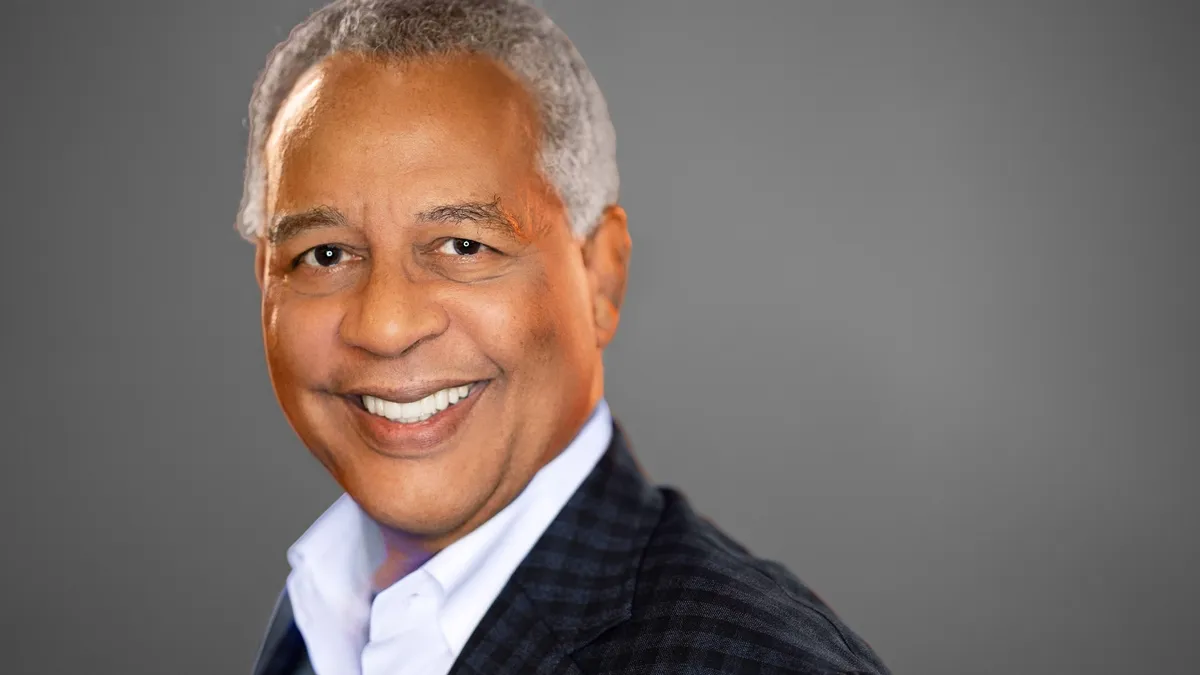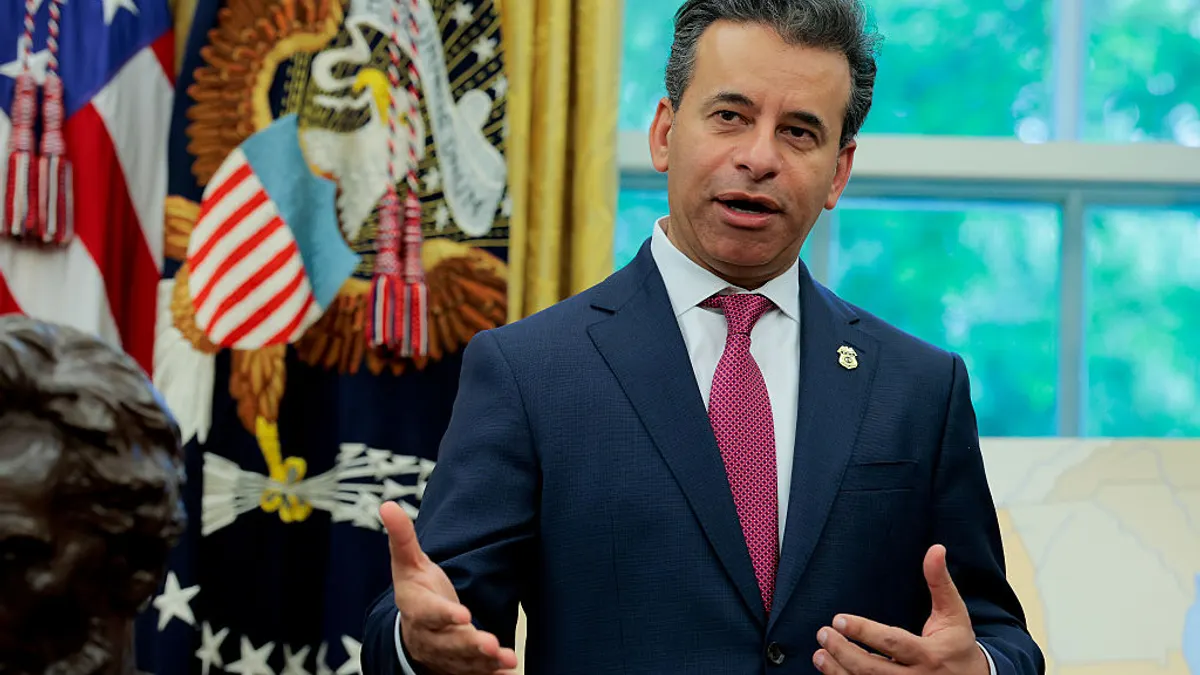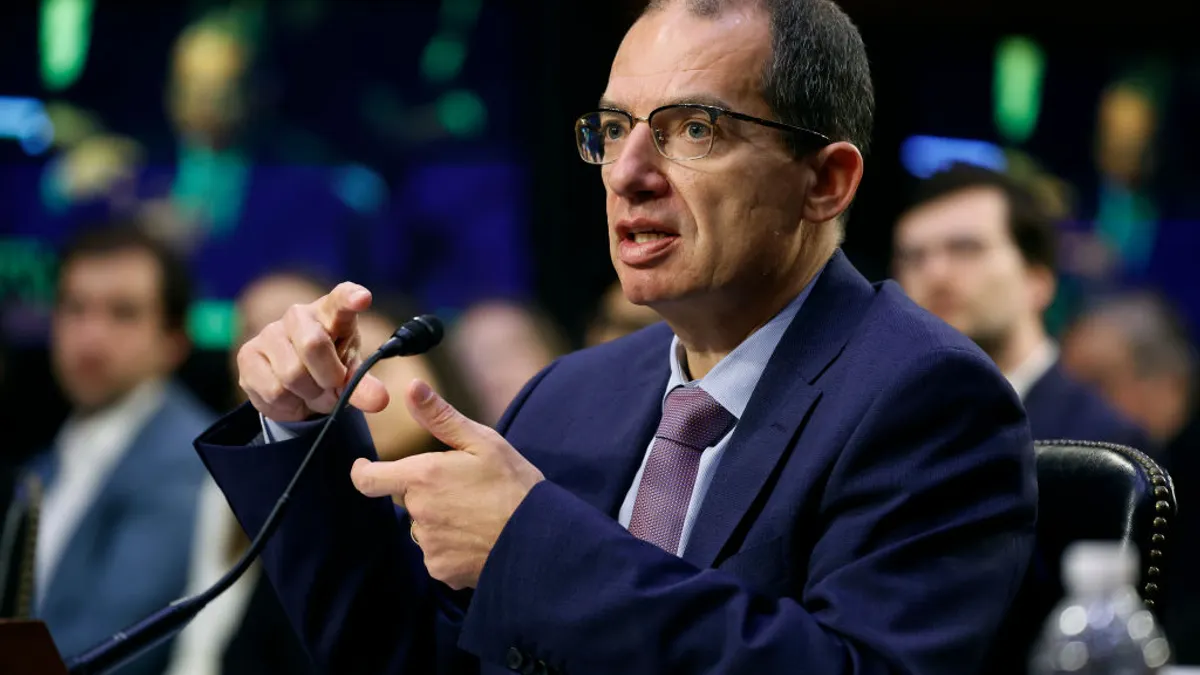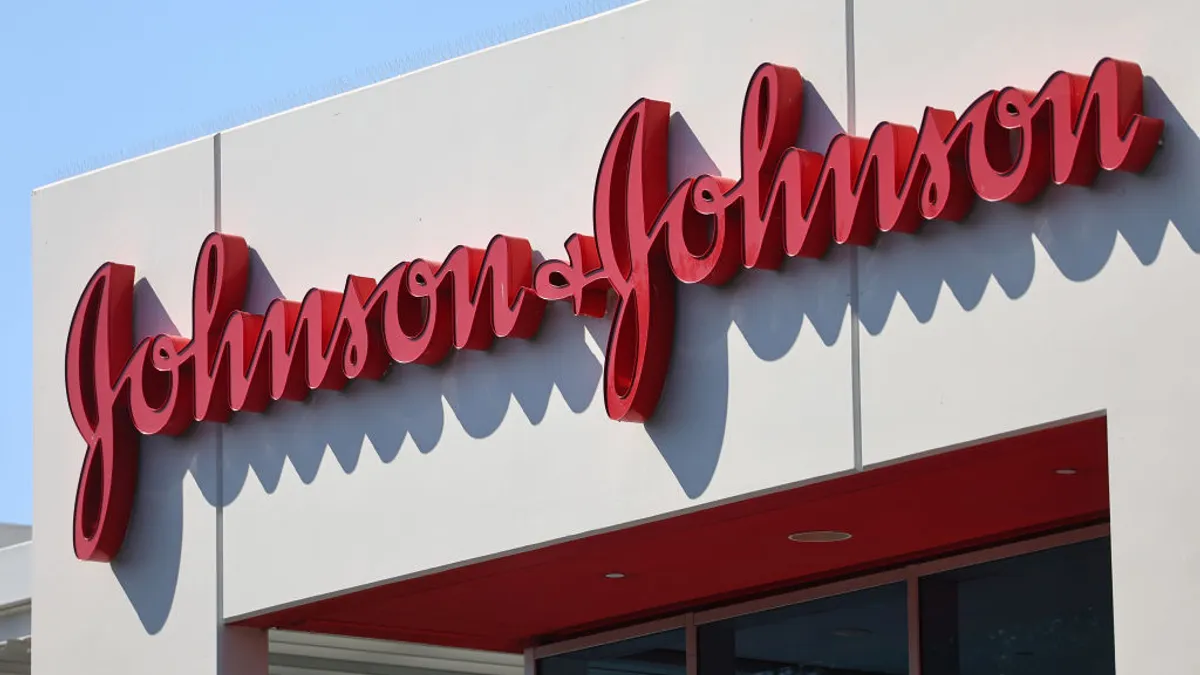When it comes to fomenting distrust in medical advances among people of color, the infamous Tuskegee experiments still play a major, disquieting role. Residual effects of the study that left hundreds of Black men untreated for syphilis without consent in the 1930s — and subsequent confirmed suspicions of scientific misconduct — carried through to the ongoing fight against HIV and into the COVID-19 pandemic in which so many more lost their lives.
While that distrust is deserved, it makes it more difficult for public health professionals to close disparities faced by minority populations in the U.S., said Dr. Reed Tuckson, a physician and founder of the Black Coalition Against Covid. He has also served as the commissioner of public health for Washington, D.C., in the 1980s and a vice president at UnitedHealth Group.
“It is frustrating to me that we have done nothing in 40 years to take Tuskegee off the table — that the No. 1 thing I would have to fight with HIV was Tuskegee, and the first question I was asked in my first town hall on COVID was Tuskegee,” Tuckson said. “It is a terrible indictment of America’s healthcare delivery, its health policy and its health promotion and prevention industries.”
A momentary success
In a recent paper written with James Mansi, Moderna’s vice president of North American medical affairs, Tuckson and colleagues reported that “uptake of the 2023/2024 COVID-19 vaccine was far from optimal,” falling particularly hard among U.S. minority groups. The decline followed a period of success when vaccination rates among Black Americans were reported in January 2022 to have risen sharply due to a large mobilization effort, closing the gap for a short time between the “two Americas,” Tuckson said.
That initial turnaround was a surprise to Tuckson and comprised one of the major lessons he took from the pandemic: reaching a community with factual, easily understandable health information can be accomplished. Still, a lack of consistency in messaging and required funding lies at the heart of health disparities in the U.S., he said.
“Black communities and health organizations are underfunded and only episodically funded for the disease of the week, crisis to crisis,” Tuckson said. “We jump from ice floe to ice floe without any sustainable infrastructure — there’s no garden, no oasis, you just see individual plants poking their heads through cracks in the concrete despite the sporadic funding year after year.”
The relative success of Black communities to rally around COVID vaccinations and preventive care came despite many hurdles, he said. Clinical trials with underrepresented minority cohorts, limited supply causing inequity in vaccine distribution and miscommunication among health professionals to communities of color all created challenges that leaders had to face.
“Success is relative,” Tuckson said. “We’re proud of the things we’ve done, but there’s such a long way to go and every day that trust is being eroded in every way possible.”
Calling on trusted messengers
From failures in the healthcare delivery system to misinformation and disinformation still rampant today in prevention circles, “that work [to build trust] is still very hard,” Tuckson said.
One lesson ingrained during the pandemic is that trusted messengers are key, he said. From pastors and ministers to fraternal organizations, as well as nurses, physicians and other health professionals of color, factual information from people in the community is crucial to sending the right message.
Dr. Kizzmekia Corbett, an immunologist who helped bring about COVID-19 vaccines through the NIH’s Vaccine Research Center, was an important role model and symbol for overcoming distrust, Tuckson said.
That’s where pharma can play a part, as well, he said.
“I would urge the pharma community to continue not only its hiring of the best scientists but to make sure they’re hiring excellent clinicians and scientists of color in responsible positions,” Tuckson said. “It’s important for the nation to know that we are in the room, not like the Tuskegee experience, but in decision-making power.”
“It is frustrating to me that we have done nothing in 40 years to take Tuskegee off the table — that the No. 1 thing I would have to fight with HIV was Tuskegee, and the first question I was asked in my first town hall on COVID was Tuskegee. It is a terrible indictment of America’s healthcare delivery, its health policy and its health promotion and prevention industries.”

Dr. Reed Tuckson
Founder, Black Coalition Against COVID
Proactive, coordinated effort
The pharma industry has a notorious reputation problem, and not just among people of color. But rather than try to step back and let that reputation fall into the shadows, pharma companies — and other sectors in healthcare — need to step up and engender trust proactively, Tuckson said.
“Every single component of the health and medical care and policy system has its own challenges, and we cannot afford to have any sector decide to walk away or to be driven from the conversation,” Tuckson said. “Lord knows the history of misbehavior on the part of physicians, pharma, health insurance, you name it — every sector therefore has to be in the game and has to accept responsibility.”
The COVID pandemic illustrated that the disparate parts of the healthcare system can work together to handle a worldwide crisis, Tuckson said. Even with the missteps along the way, the cohesive effort has built momentum for the next health scares down the road.
“We’re in a better position because the resources at the community and national level are now more aware of one another, more coordinated,” Tuckson said. “The real issue now is to build on everything we’ve learned with the funding necessary for a sustainable infrastructure not only for the next pandemic, but for the high-priority epidemiological challenges that have always inflicted and plagued the Black community.”
Tuckson praised efforts undertaken by pharma companies to support higher vaccination rates among people of color, build trust through key messengers and make vaccines easier to find. Moderna and others, for example, have pushed for approval of a combination flu and COVID shot to improve vaccination rates.
While the staggering loss of life in times of health crisis has shown the shortcomings of a health system not built with everyone in mind, Tuckson said, the efforts underway to close the gap make him optimistic.
“What is common to both COVID and HIV is the sub-optimal availability of an organized, engaged community infrastructure that has the strength and resources to fully exercise its capacity,” Tuckson said. “What is also common to both [HIV and COVID] is the extraordinary resolve and energy and determination by community and faith-based organizations in the minority community to fight for their own lives, and that was dramatically demonstrated in the COVID pandemic.”





















